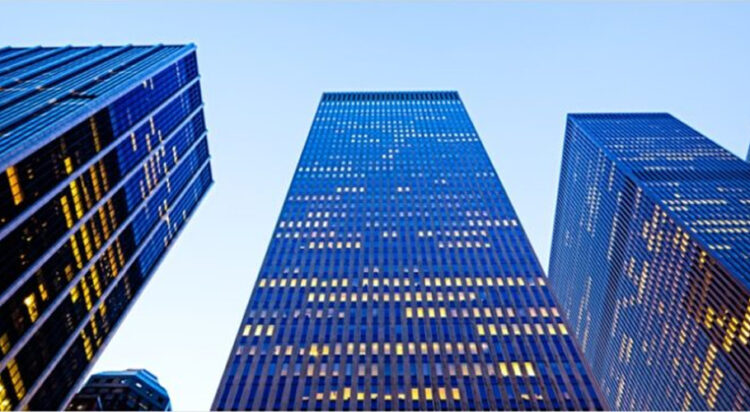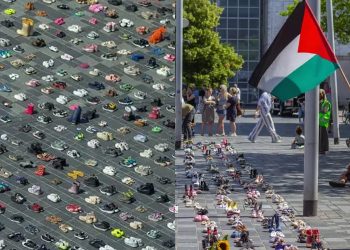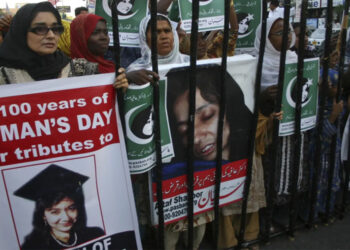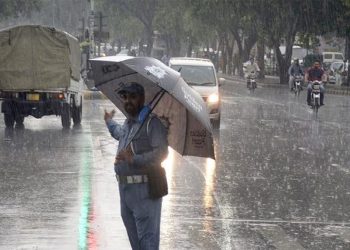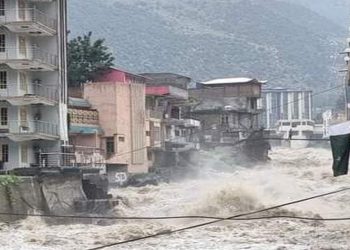The Special Investment Facilitation Council (SIFC) has initiated efforts on a strategy to replace aging government residences with high-rise structures in Islamabad, aiming to generate substantial revenue for the national treasury.
According to a report by Dawn news, in multiple sectors of Islamabad, such as F-6, G-6, and G-7, one-storey government residences are currently situated. Even in F-6, larger residences for senior officers, complete with servant quarters, are located.
“If these single-storey residences designated for federal secretaries and other senior officials are removed, numerous high-rise structures could be erected on these government plots.”
“There is a pressing need for a vertical development approach to preserve the land resources of Islamabad,” stated a government official, who chose to remain anonymous. The presence of these single-storey houses results in extensive underuse of state land.
A recent assessment revealed that in just one sub-sector of G-6 (G-6/1), government residences occupied 86 acres, and with vertical construction, the existing accommodations could fit within nine acres, freeing up 77 acres valued at over Rs52 billion.
The concept of replacing these houses with high-rise buildings has been under discussion for around two decades, though no concrete steps have been taken. Last week, SIFC officially requested feedback from the CDA on this matter, focusing on G-6/1 in particular.
Insiders at SIFC informed Dawn that a research paper published by the Pakistan Institute of Development Economics (PIDE) on the topic of “dead capital” captured SIFC’s interest, prompting them to raise the issue with CDA, the official custodian of Islamabad’s land.
According to PIDE sources, an official letter sent to CDA last week sought their insights on the matter. The letter from SIFC, seen by Dawn, noted: “Enclosed is a self-explanatory paper on Dead Capital, authored by a research associate at the Pakistan Institute of Development Economics.”
The letter further mentioned: “On this topic, effective management of government-owned land is crucial for urban planning and city enhancement. When underused or dedicated to non-productive purposes, such land becomes an economic liability, limiting growth and financial opportunities. In Pakistan, a significant portion of this land is situated in or near cities, yet remains largely unutilized — a prime example of dead capital as defined by Hernando De Soto.”







